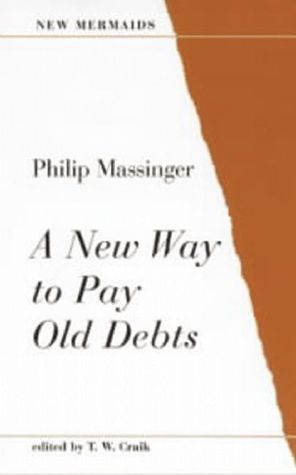What do you think?
Rate this book


128 pages, Paperback
First published August 1, 1625
What has Massinger added to Middleton? He has made the plot more probably, refining the characters, and raising the whole thing from prose to poetry. We laugh less [...]
I will have her [my daughter] well attended; there are ladies / Of arrant knights decay'd and brought so low that for cast [rough] clothes and meat will gladly serve her. / And 'tis my glory, though I come from the city, / To have their issue, whom I have undone, / To kneel to mine, as bond-slaves.